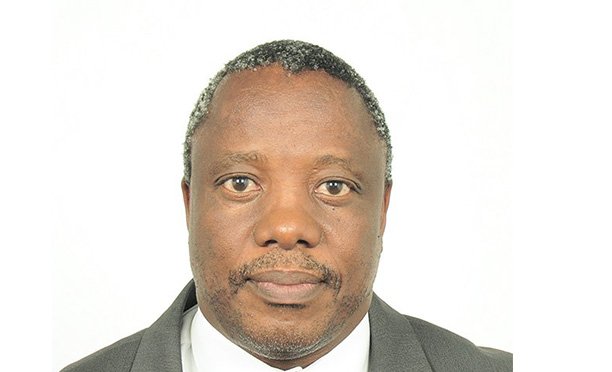‘Homosexuality is unAfrican’
The homosexual debate is a contentious issue that often leaves tempers flaring. And this was the case at the Gaborone High Court last week when a bench of three judges Abednego Tafa, Jennifer Dube and Micheal Leburu, listened to arguments in the landmark case as the gay community continues to fight for national recognition and for Botswana government to revise the Constitution and decriminalise section 164 and 167, which refers to same-sex as unnatural sexual acts.
Advocacy group LEGAGIBO with the support of the Southern Africa Litigation Centre is challenging Botswana laws on homosexuality. Advocate Sydney Pilane is representing Attorney General in the matter. After arriving late in court from an earlier engagement at Lobatse High Court, Pilane stirred controversy when he argued that homosexuality is unAfrican and does not correlate with the traditional values of Batswana. “As things stand, Botswana is being forced to abandon its moral values. The courts should be conservative and measured,” he said. He also said that there was also no substantial evidence to indicate that Batswana’s views on homosexuality had softened in the past years.
He cited the Kanane case of 2004 before the Court of Appeal, which indicated that Batswana were hardened against acceptance and tolerance of homosexuals, adding that Penal Code provisions could be revisited when the time was right. He argued that there is no substantial evidence to back claims that Batswana’s attitudes towards homosexuality have changed, and that there is also no evidence that gays have been discriminated against. Pilane, who had a tongue-in-cheek demeanour, asked what was so important about ‘sex’ that homosexuals could “not do it” without upsetting the laws, saying that they were conducting their affairs behind closed doors anyways.
Pilane, who appeared to find humour in the proceedings, also claimed that gays in Botswana were not harassed like in other countries and wondered if people should rush to courts for every small gripe. Much to the amusement of the audience, he illustrated that people had mocked him about the size of his head since he was a kid and even in adulthood, to the extent that some created social media memes out of him but he did not cry about it. He also stated that gays would still get HIV and not use condoms even if homosexuality was decriminalised, in reference to a Ministry of Health report that stipulated that gays did not receive access to open health care since homosexuality is illegal. Pilane further wondered whether legalising homosexuality indicated to the public that there was room to change the law to accommodate “unnatural behaviour,” rhetorically asking: “Should those who partake in bestiality (sleep with animals) also come here and demand that laws be changed to accommodate them?”
Tshiamo Rantao, representing LEGAGIBO shot down Pilane’s arguments and said that he (Pilane) was peddling his own personal views. Rantao said the AG failed to prove that there is no evidence to repeal the law. Rantao made reference to the Rammonge case and the Yogyakarta Principles, arguing that sexual orientation is a matter of feelings and not choice. He argued that there is overwhelming research that there is widespread violence against homosexuals in Botswana. Rantao said that the question should be what the law is doing in people’s bedrooms to the extent that it defines what is an acceptable or unnatural sexual act.
Meanwhile, Gosego Lekgowe, also representing LEGAGIBO noted that there should be determination of whether Section 164 violates Constitutional provisions, adding that government should ascertain what the crime is about being sexually attracted to someone of the same sex. He noted that the right to dignity and privacy are rights that the Court must consider, as they are fundamental to the case, adding that there is a need to protect homosexuals, who are a prejudiced minority.
In May last year, a gay man filed a petition with the Gaborone High Court, arguing that sections 164 and 167 are unconstitutional and impede on gay rights, their access to appropriate health care, and social security. Judgment in the matter will be handed down on 11 June 2019.






